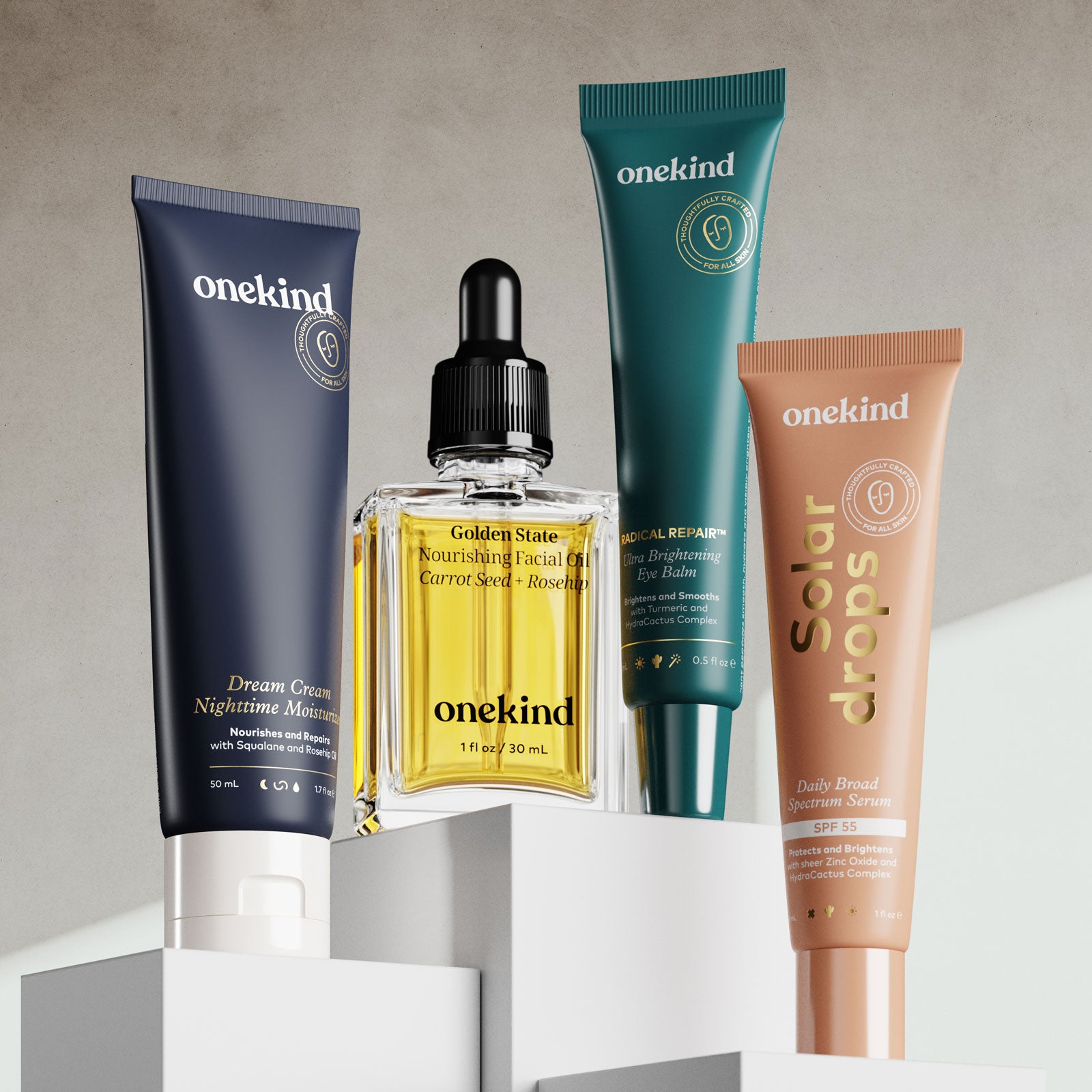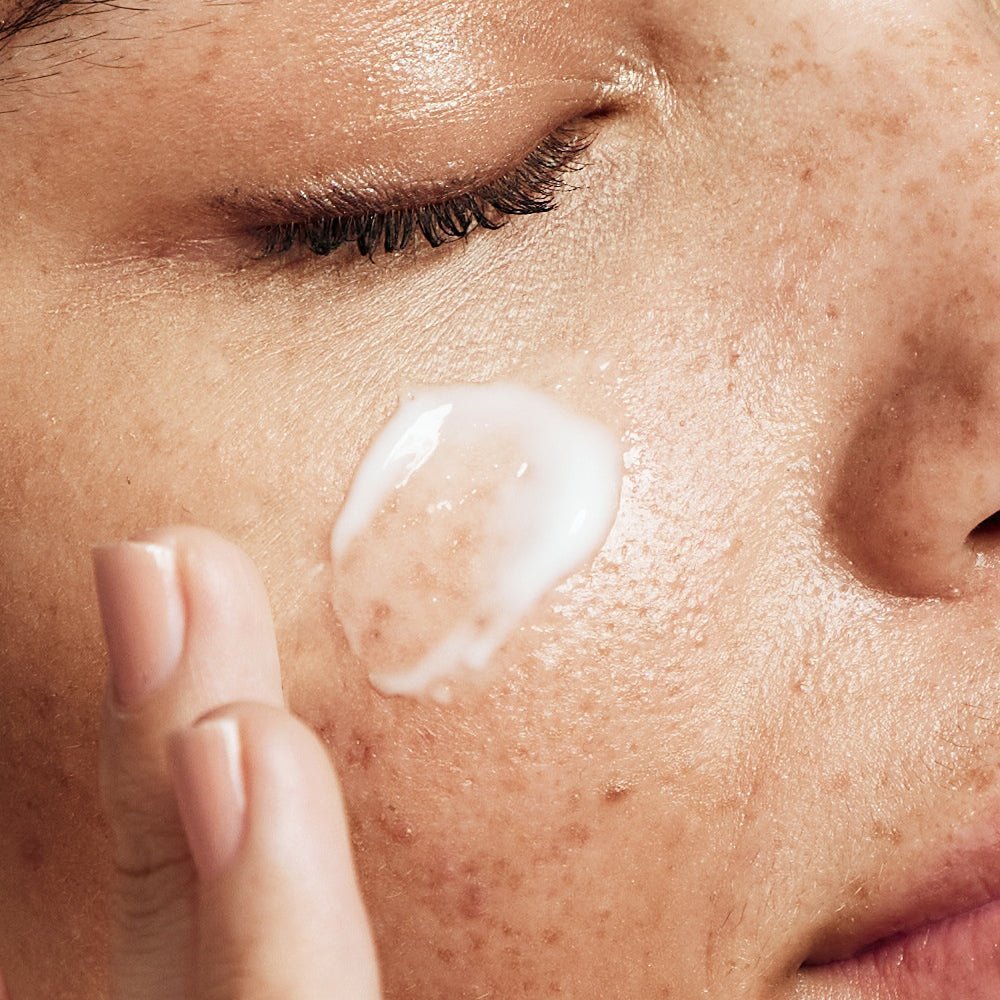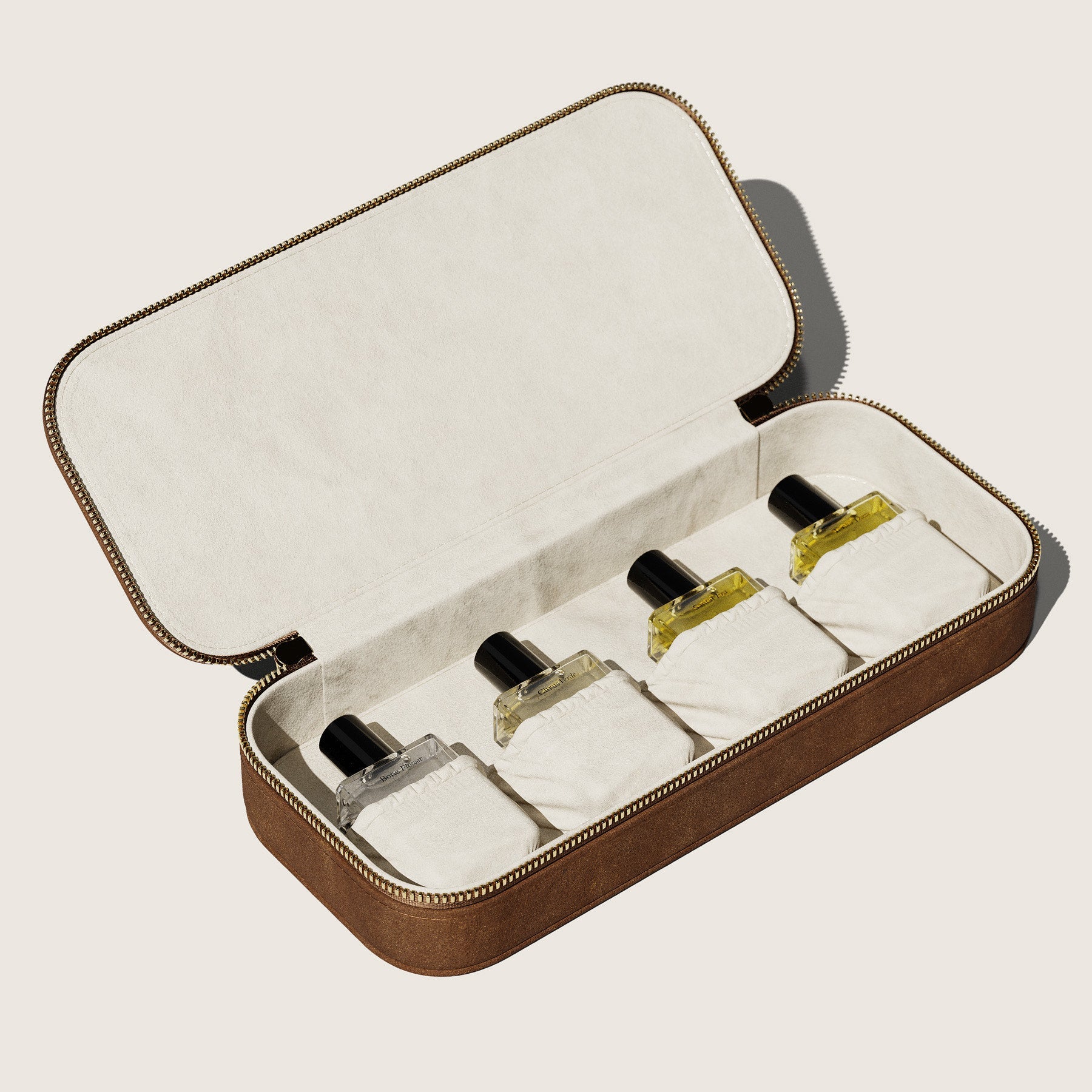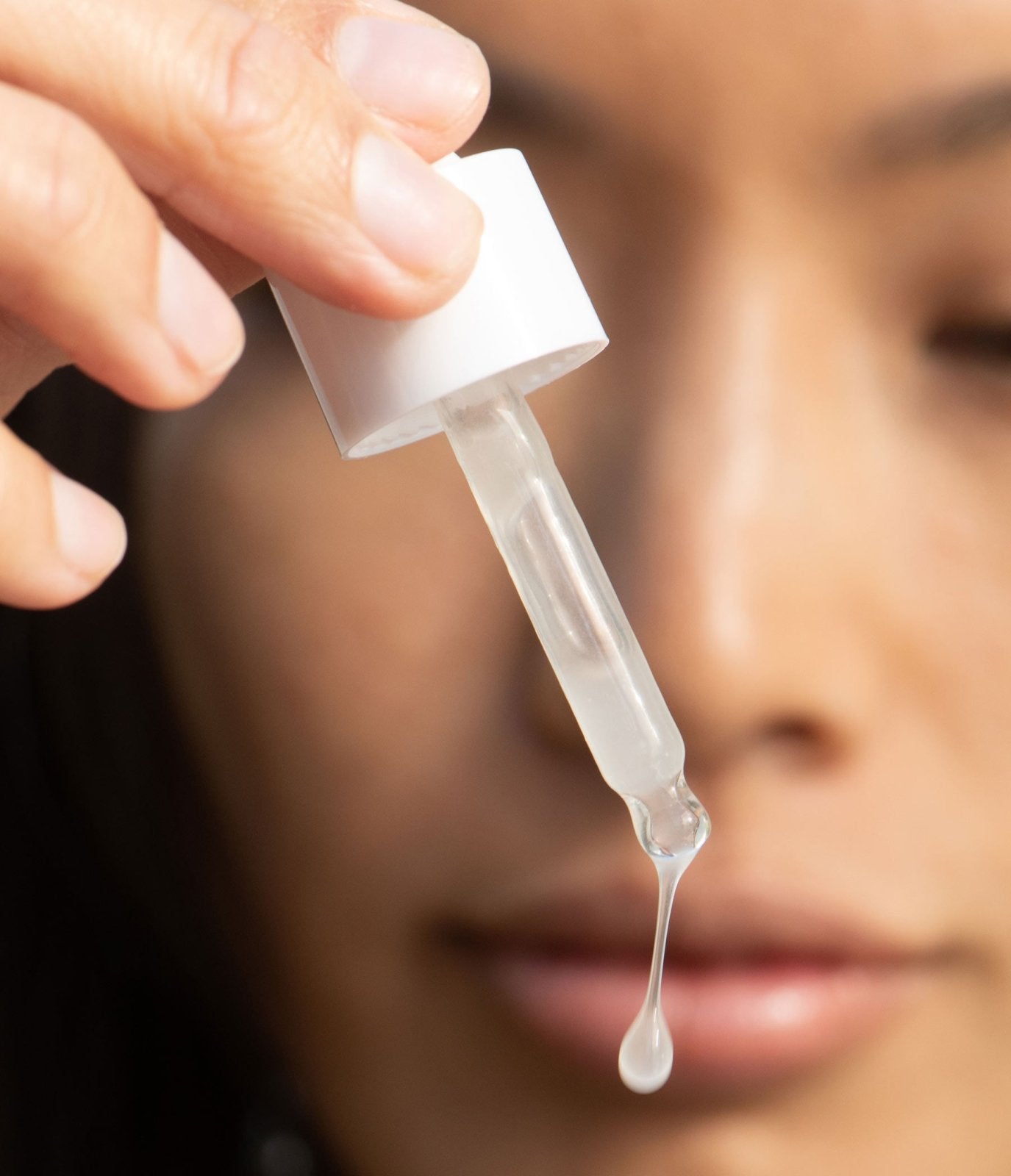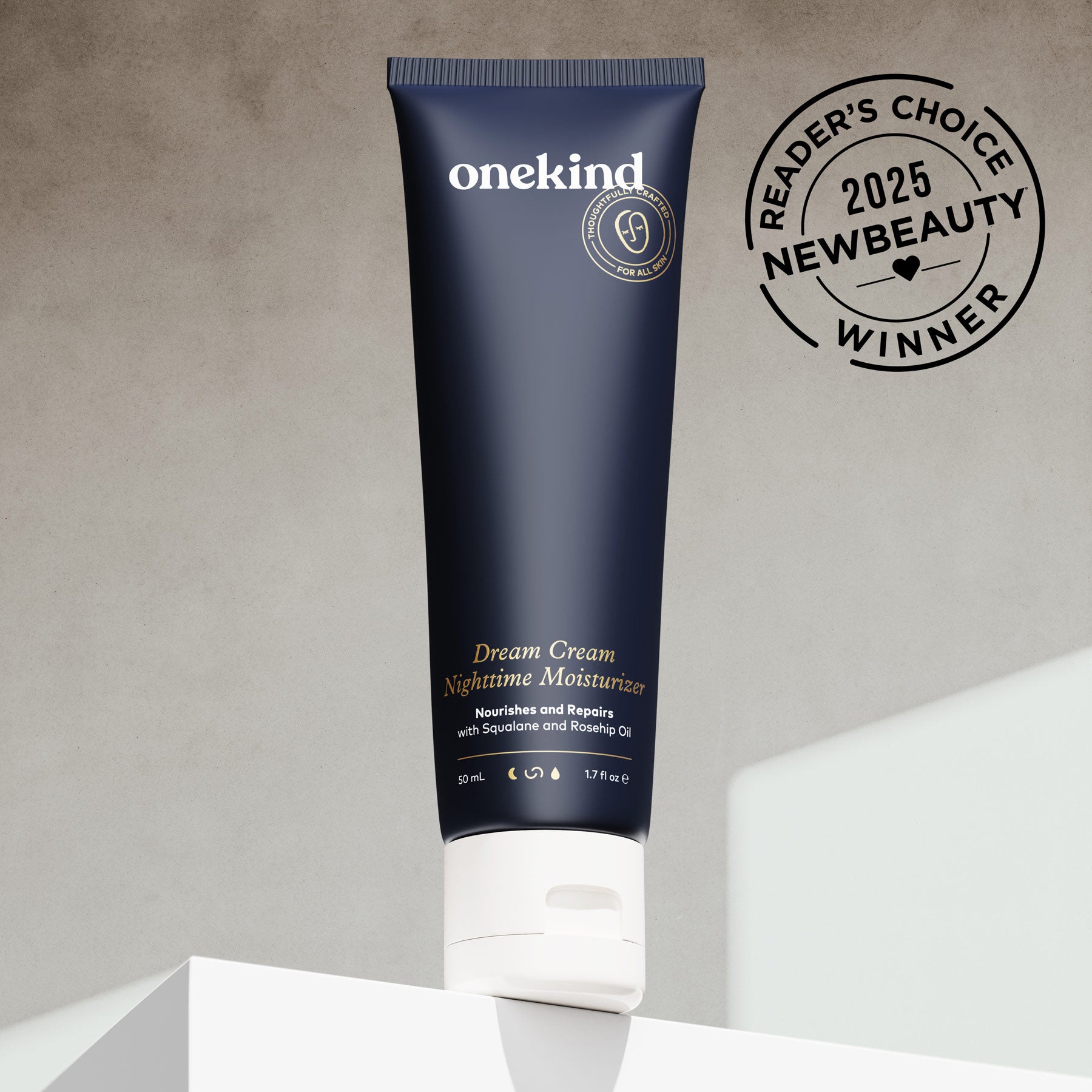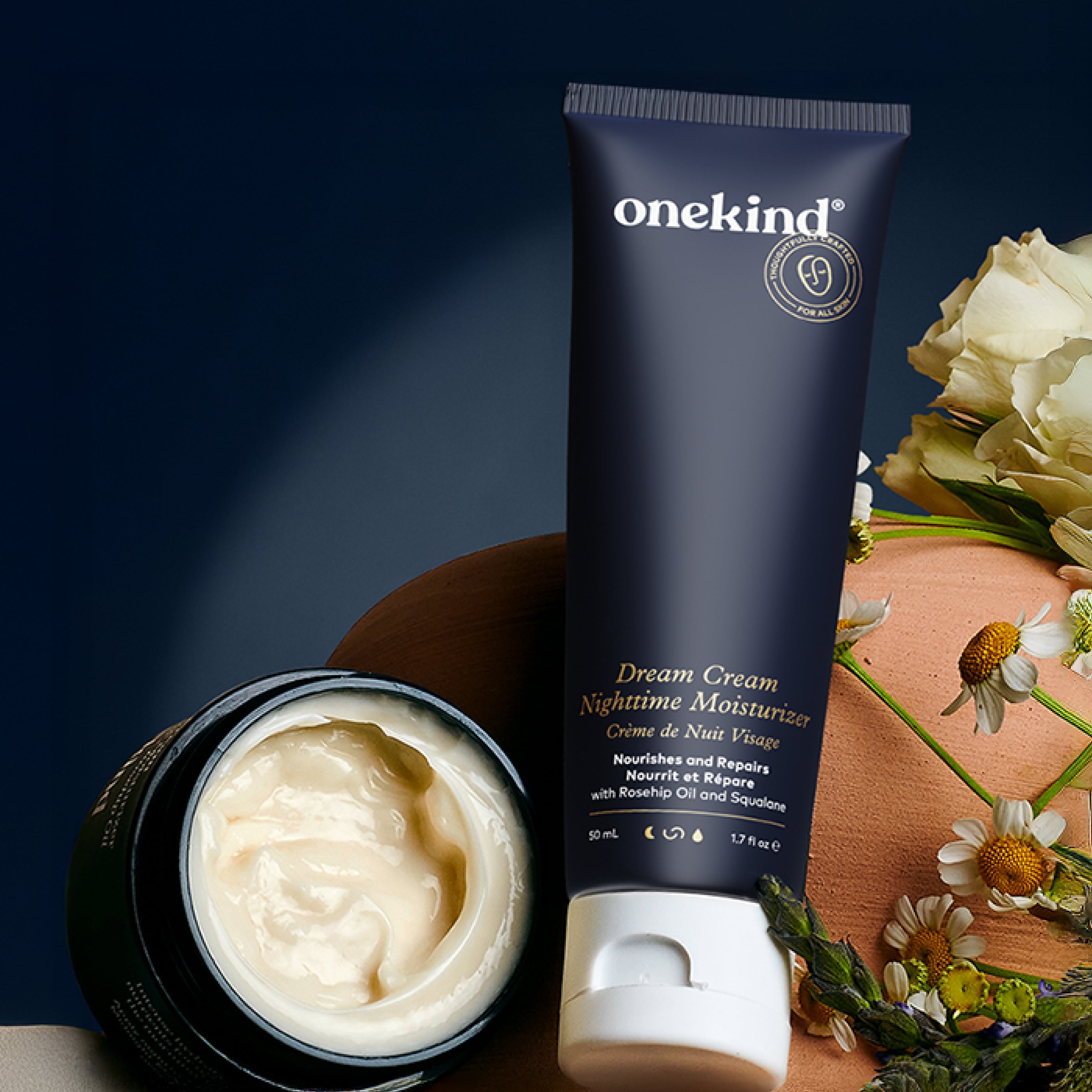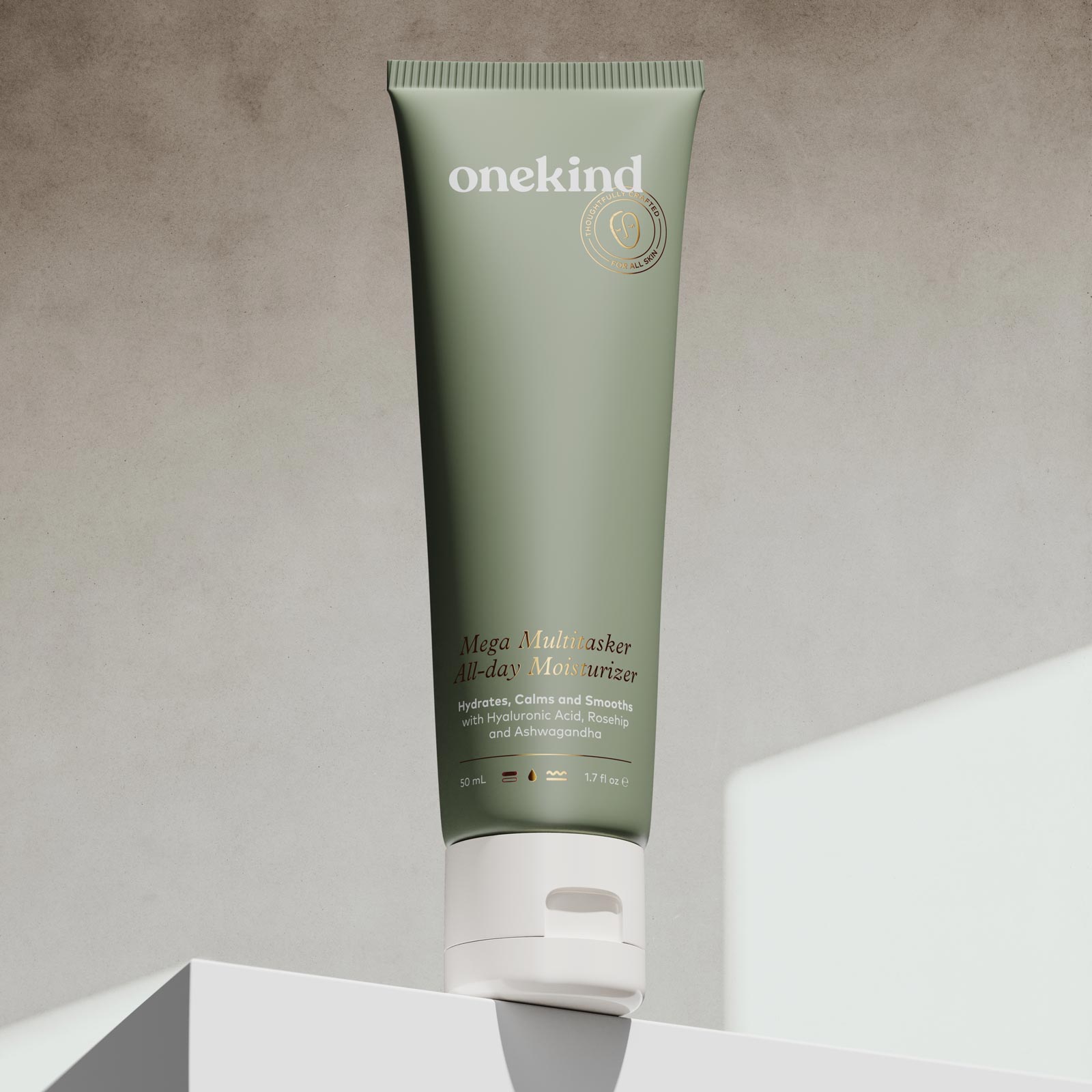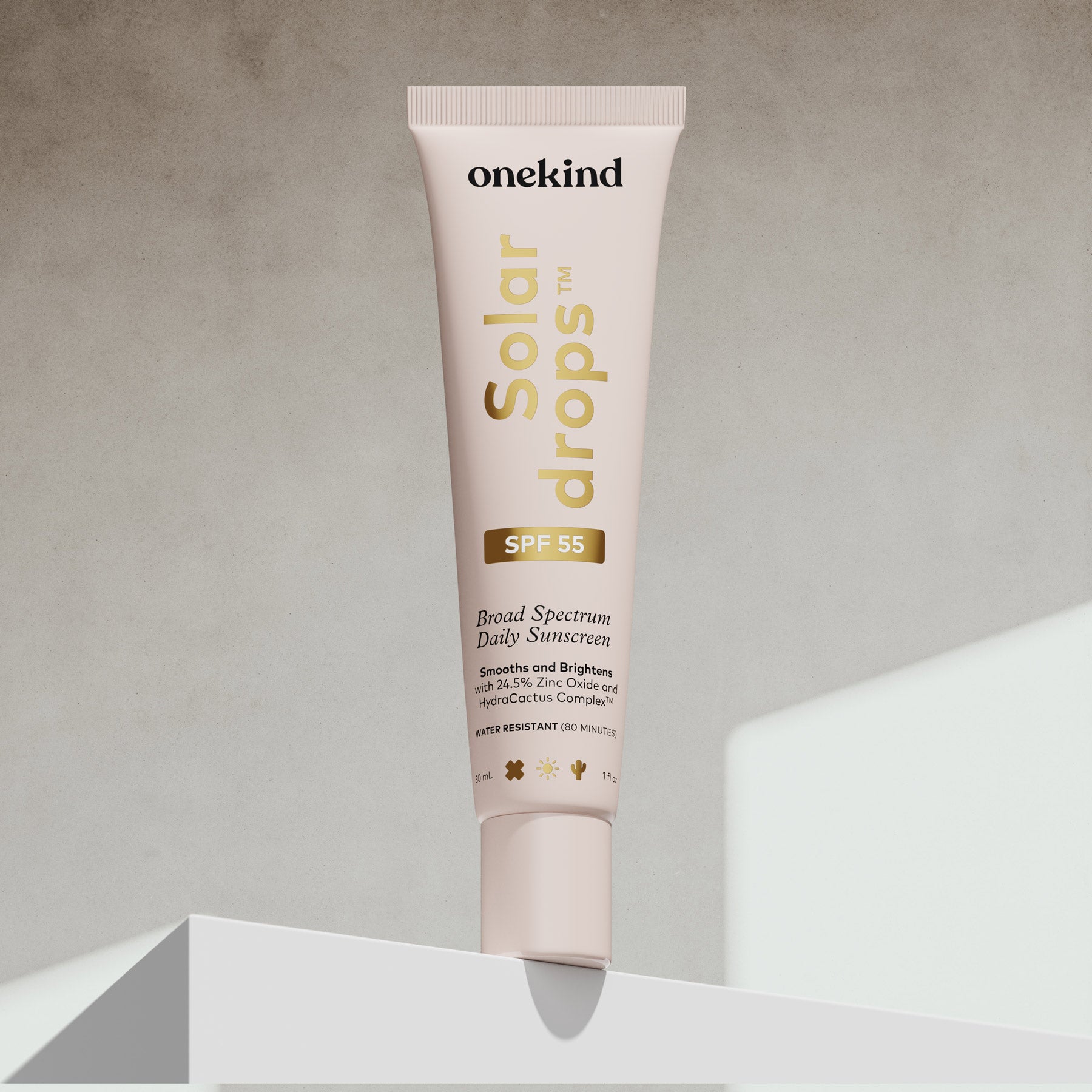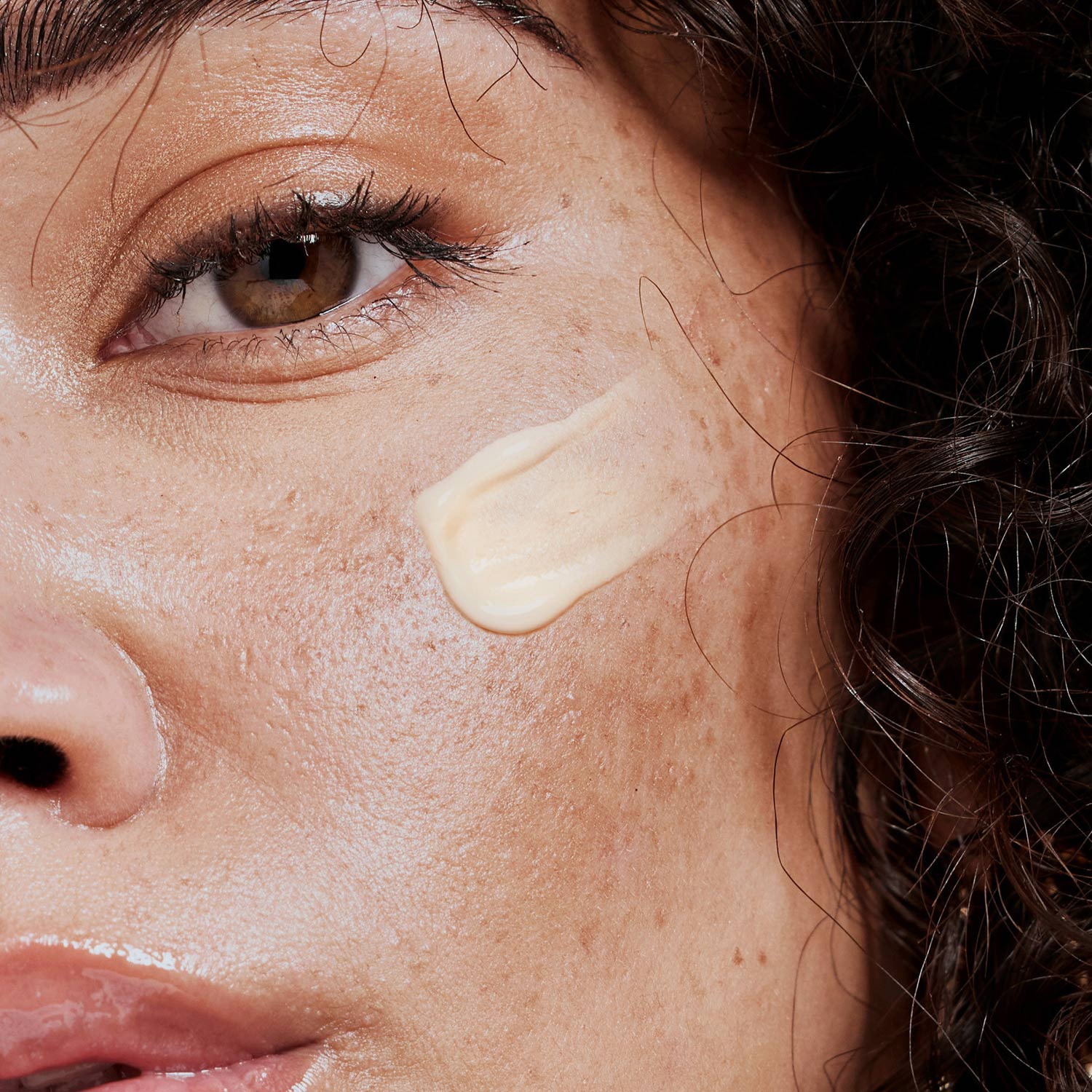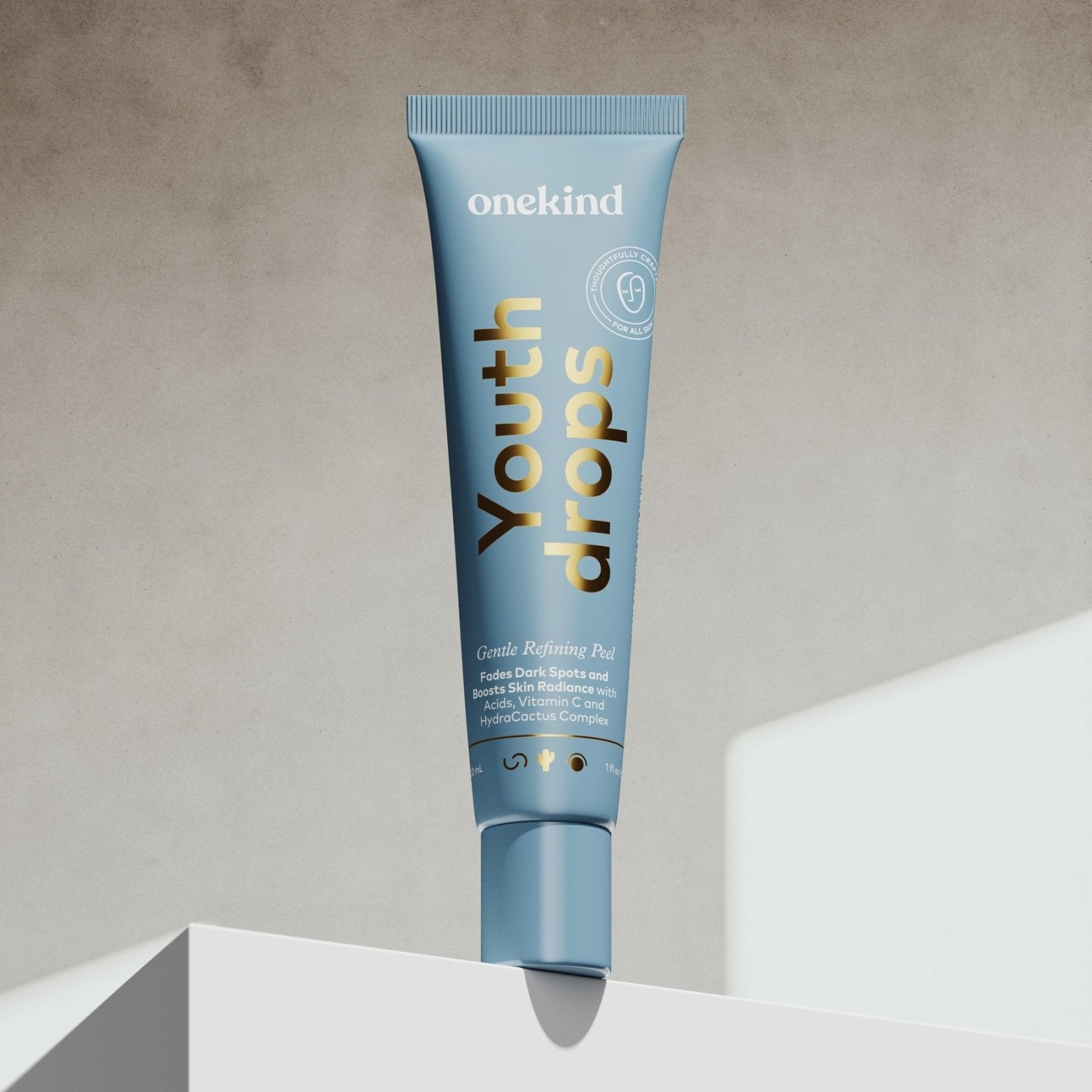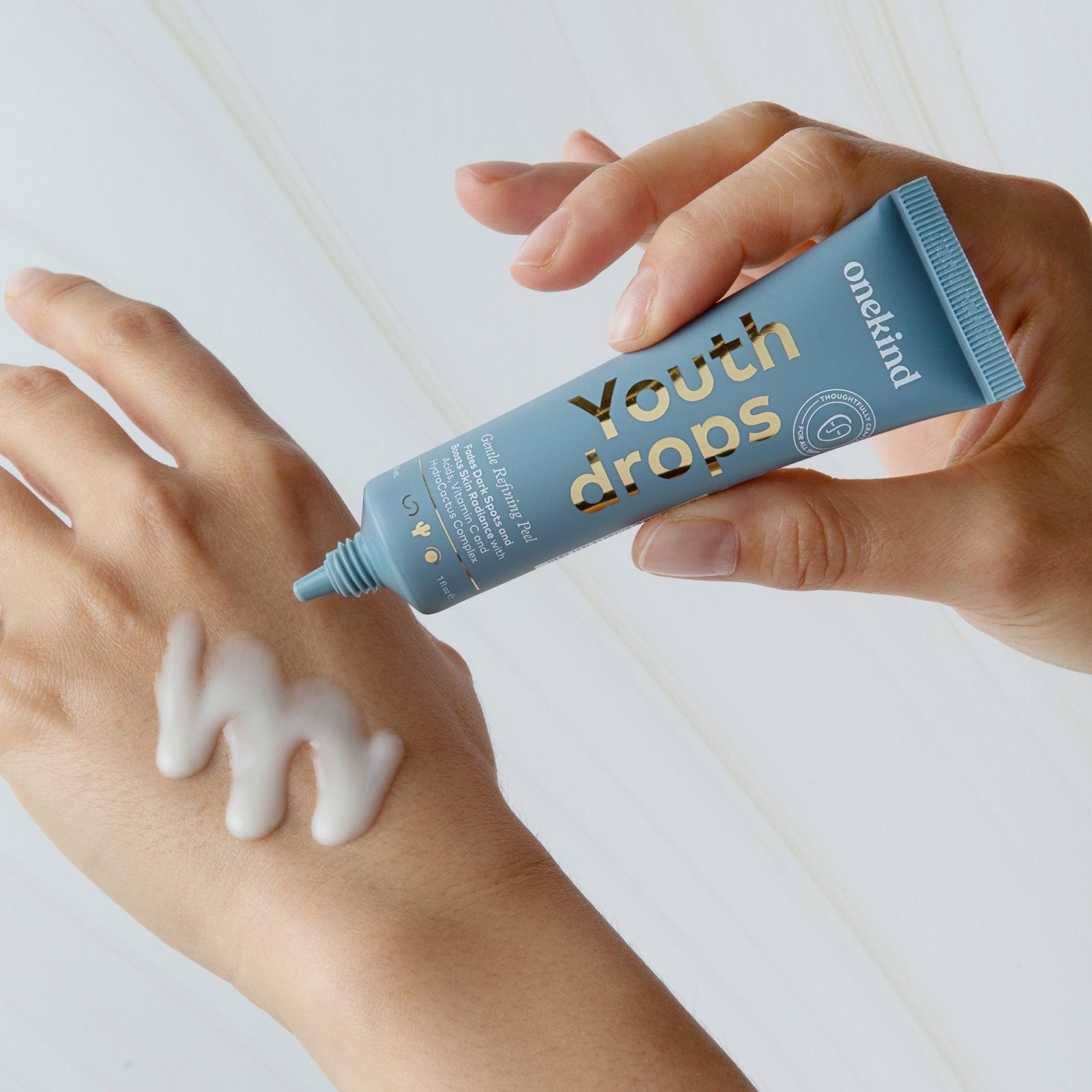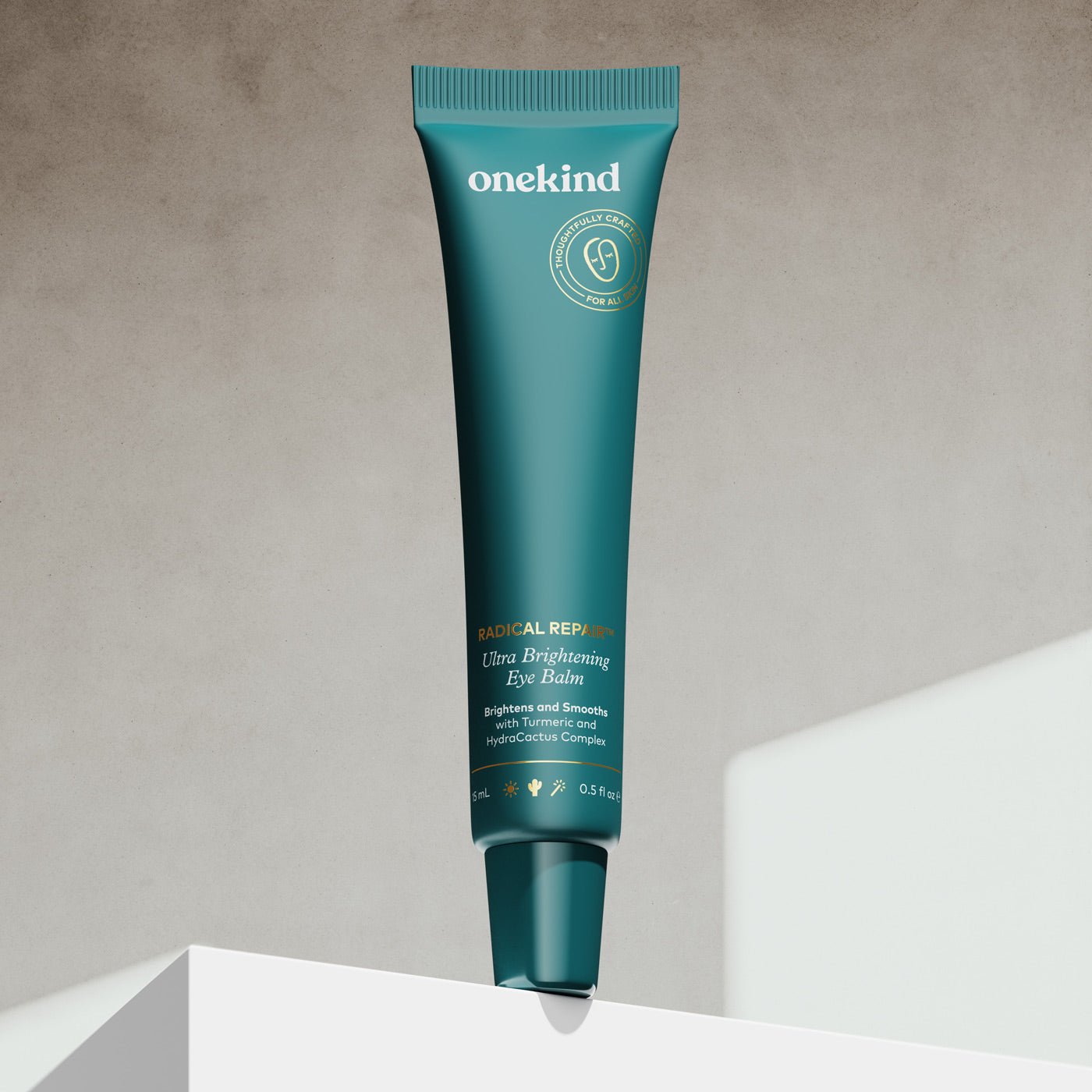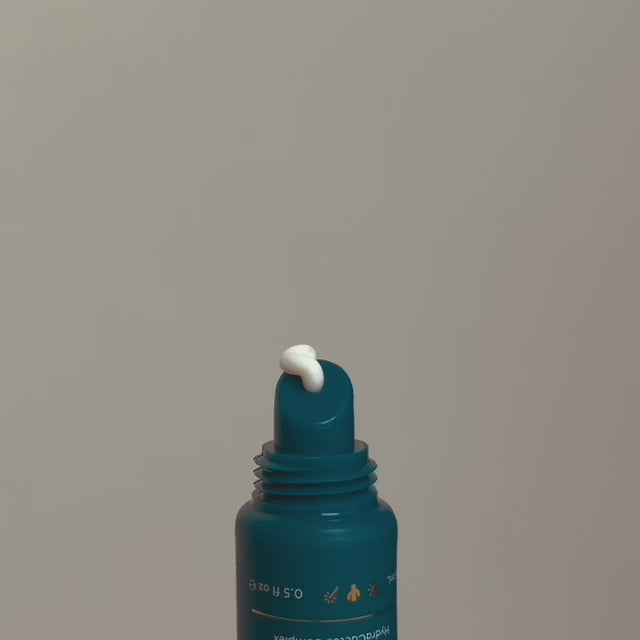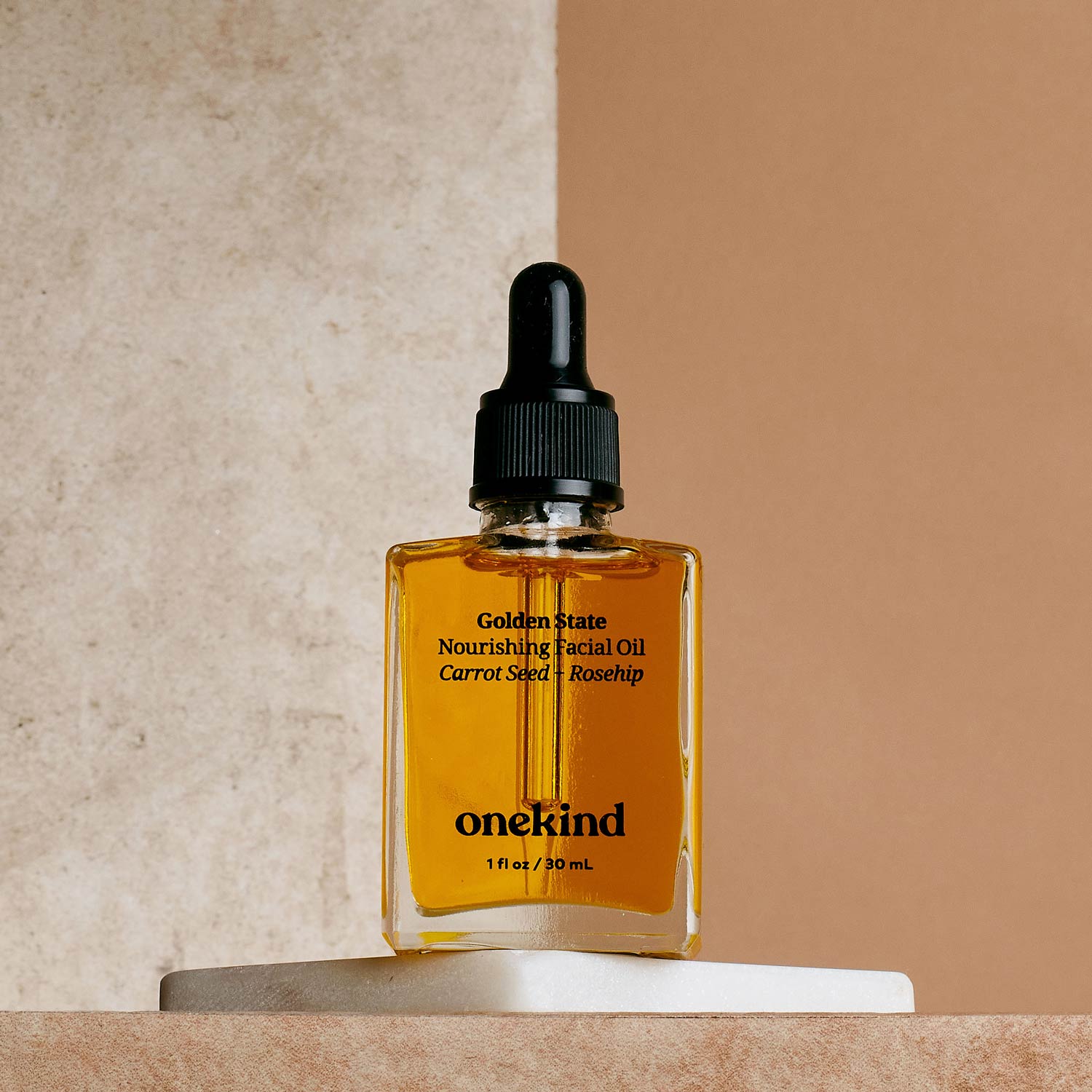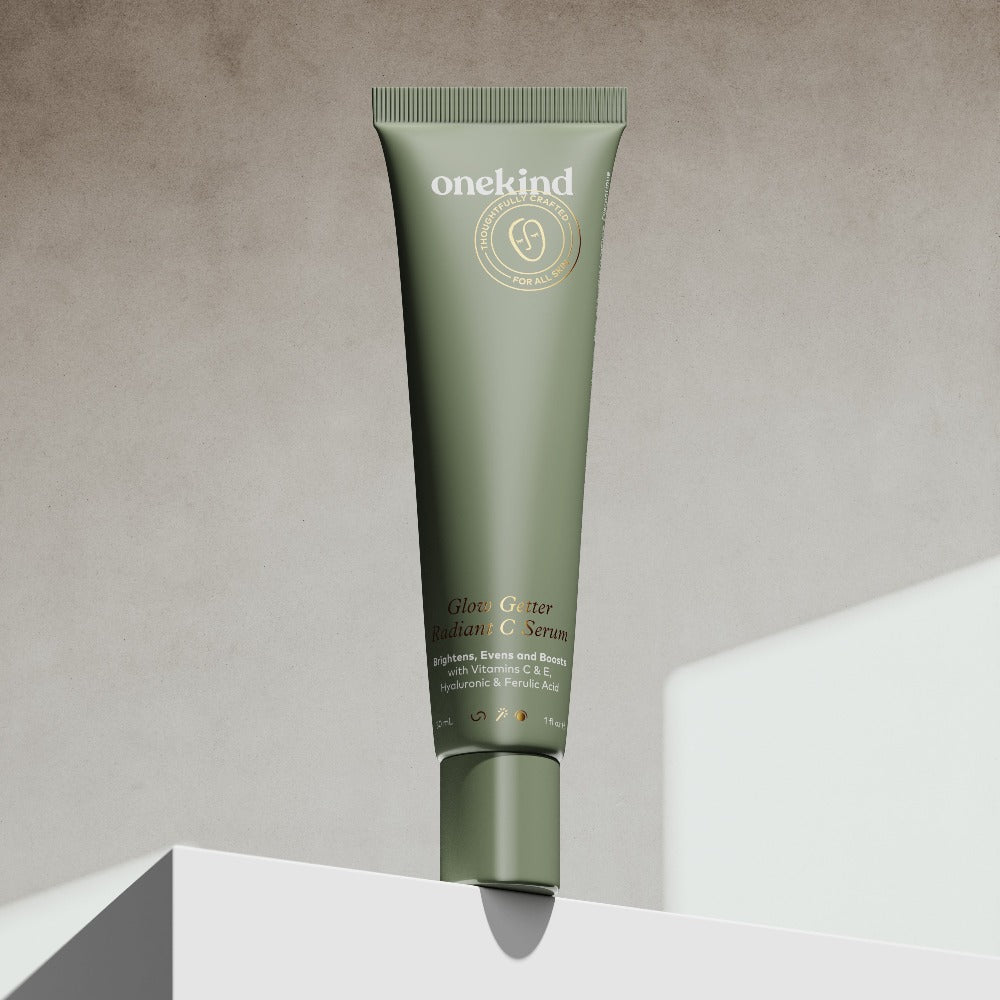Vitamin C and retinol are two of the most popular skincare ingredients on the market today. Both have numerous benefits for the skin, including reducing the appearance of fine lines and wrinkles, improving skin tone, and protecting against environmental damage. While these two ingredients can be used separately, combining them can enhance their effects and result in even better results for the skin. However, it's important to know how to properly use them together to avoid any potential irritation or adverse effects.
Vitamin C is a powerful antioxidant that provides numerous benefits for the skin. It helps to protect the skin from environmental damage caused by free radicals, improves skin tone, and can boost collagen production. Collagen is a protein that gives the skin its firmness and elasticity, and as we age, our natural collagen production decreases, leading to fine lines, wrinkles, and sagging skin. Vitamin C can help to reverse this process and keep the skin looking youthful and radiant.
Retinol, on the other hand, is a form of vitamin A that is well known for its ability to improve the appearance of fine lines, wrinkles, and acne. Retinol works by stimulating cell turnover, which helps to exfoliate the skin and unclog pores. This, in turn, helps to reduce the appearance of fine lines, wrinkles, and acne. Additionally, retinol can help to boost collagen production, which further improves the appearance of fine lines and wrinkles.
Shop our Radical Repair System for Vitamin C and Retinol
So, now that you know a little more about these two amazing skincare ingredients, let's dive into the best way to use them together.
-
Start Slowly
If you are new to using retinol, it's best to start with a lower concentration and use it sparingly, to avoid any potential irritation. Retinol can cause some redness, flakiness, and dryness, especially if you have sensitive skin. Starting with a lower concentration and gradually increasing the frequency of use can help your skin to adjust and minimize the risk of irritation.
Similarly, if you are new to using vitamin C, it's best to start with a lower concentration and gradually increase the frequency of use. Vitamin C can be irritating to some people, especially if used in high concentrations, so starting with a lower concentration can help your skin to adjust.
-
Timing is Key
Vitamin C and retinol have different pH levels and work best at different times of the day. Vitamin C is best used in the morning as it provides protection against environmental stressors and can improve the skin's overall appearance. By applying vitamin C in the morning, you can help to protect your skin from the damaging effects of UV rays, pollution, and other environmental stressors.
Retinol, on the other hand, is best used at night as it stimulates cell turnover and helps with fine lines, wrinkles, and acne. By using retinol at night, you can take advantage of its benefits while you sleep, when your skin is in repair mode.
-
Layer Your Products
To avoid any potential irritation, it's best to apply your vitamin C and retinol products at different times. Apply your vitamin C serum in the morning and your retinol product at night. If you prefer to use both in the morning, wait a few minutes between applying each product to allow them to fully absorb into your skin.
Additionally, when layering your skincare products, it's important to start with the lightest consistency and work your way up to the heaviest. For example, start with a lightweight toner, followed by a serum, and then finish with a heavier moisturizer. This will help to prevent any potential irritation and ensure that each product is fully absorbed into the skin.
-
Don't Overuse
While using vitamin C and retinol together can be incredibly effective, it's important not to overuse these ingredients. Overuse can result in skin irritation and may even cause damage to the skin. To avoid overuse, it's best to use vitamin C and retinol products as directed on the packaging and to be mindful of any potential side effects. If you experience any redness, flakiness, or dryness, it may be best to reduce the frequency of use or to switch to a lower concentration.
-
Consider Your Skin Type
It's also important to consider your skin type when using vitamin C and retinol together. If you have sensitive skin, it may be best to start with a lower concentration of each product and to gradually increase the frequency of use. Additionally, if you have dry skin, it may be best to use a moisturizing product in between using vitamin C and retinol, to help prevent dryness and flakiness.
-
Choose High-Quality Products
When it comes to using vitamin C and retinol together, it's important to choose high-quality products that are formulated specifically for your skin type. Avoid products that contain alcohol or other potentially irritating ingredients, as these can further dry out the skin and cause irritation. Instead, look for products that contain nourishing ingredients, such as hyaluronic acid or glycerin, which can help to hydrate and soothe the skin.
-
Consult a Skincare Professional
Finally, if you're unsure about how to properly use vitamin C and retinol together, it may be best to consult a skincare professional. They can provide you with personalized advice and help you to find the best products for your skin type. Additionally, they can help to monitor any potential side effects and recommend any changes that may be necessary.
Shop our Radical Repair System for Vitamin C and Retinol
Using vitamin C and retinol together can be incredibly beneficial for the skin. By following the tips outlined in this article, you can maximize the benefits of these two amazing skincare ingredients and achieve radiant, youthful-looking skin. Remember to start slowly, time your products correctly, layer your products properly, avoid overuse, consider your skin type, choose high-quality products, and consult a skincare professional if necessary. With a little care and attention, you can enjoy the numerous benefits of vitamin C and retinol for years to come.
